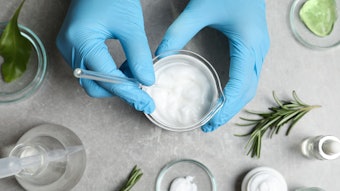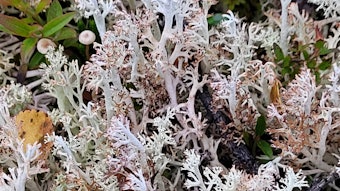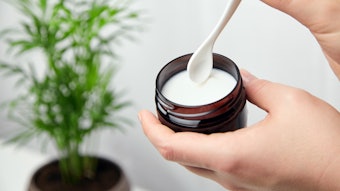Within the personal care industry, the term natural is controversial in that products touted as such tend to fall on a scale of how natural they are. For example, if an ingredient is taken from its original source but altered even physically, such as by crushing it into a fine powder, some individuals argue that the ingredient no longer is in its natural state and thus should not be considered natural. At another level, extracts derived from natural sources that contain synthetic solvents or carriers may no longer be considered natural. At the opposite extreme, some consider synthetic equivalents to naturally unchanged materials as natural.
A recent report about research conducted at the New Zealand-based life sciences company HortResearch put an even different twist on natural products by introducing the concept of combining biofermentation techniques with genetic engineering to match the flavor and fragrance genes of natural ingredients. Biofermentation techniques—essentially the same processes that help bread rise or turn grape juice to wine—could make it possible for the natural tastes and aromas of fruit and flowers to be re-created on a more massive scale and with less environmental impact, said the company. And because biofermentation uses the actual genes of the plants found in nature, the resulting flavor or fragrance compound claims to have the same molecular make-up. It is, as the report claims, nature-identical. Would this be considered natural? For the sake of this article, all levels of natural products will be considered—and this year has seen record-breaking launches of new naturals—from flower, fruit and vegetable extracts, to herb and stone extracts, among others.










